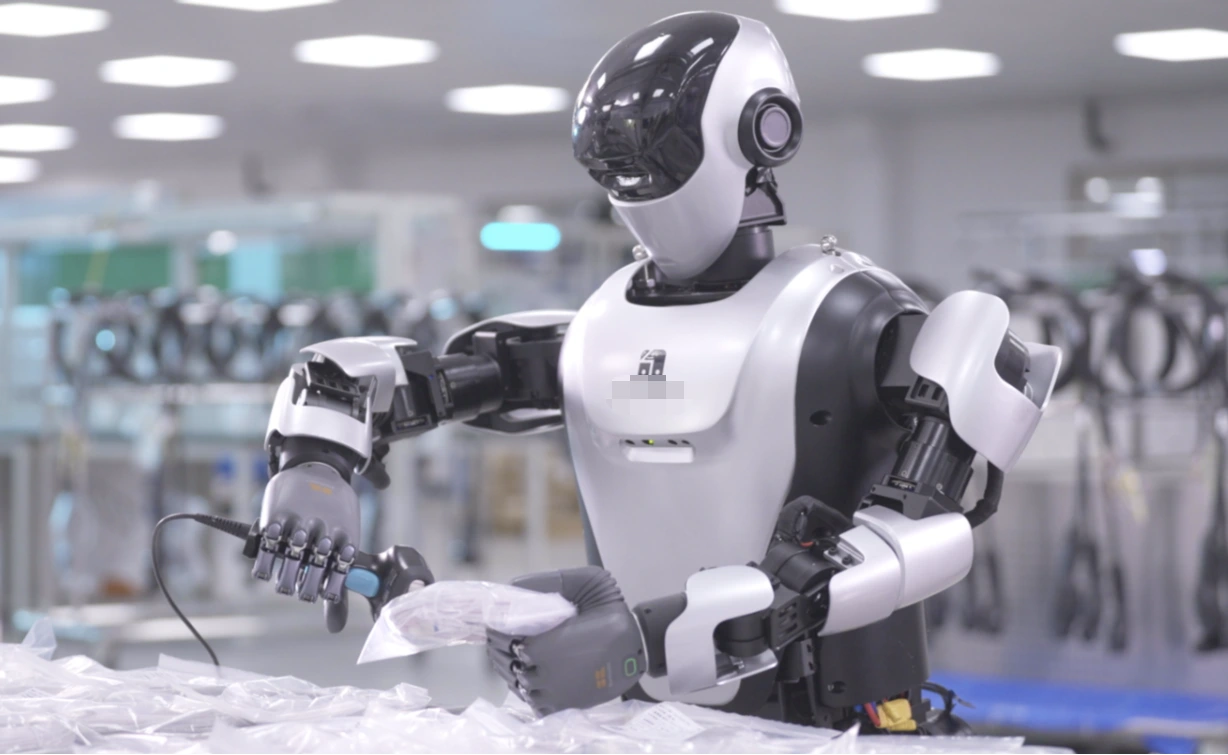The Sky's the Limit: The Intricate World of Airplane Mechanics
In the vast expanse of the aviation industry, the role of an airplane mechanic is both crucial and complex. These professionals are the unsung heroes who ensure the safety and efficiency of our flights, working tirelessly behind the scenes to maintain, repair, and overhaul aircraft to the highest standards. This article delves into the multifaceted world of airplane mechanics, exploring the intricacies of their work, the challenges they face, and the evolving trends in this dynamic field.
Airplane mechanics, also known as aircraft maintenance technicians (AMTs), are responsible for the inspection, servicing, and repair of aircraft and their components. They work on a wide range of systems including engines, landing gear, and avionics, requiring a deep understanding of mechanical, hydraulic, and electrical systems. Their work is governed by stringent regulations and standards set by bodies such as the Federal Aviation Administration (FAA) in the U.S. and the European Union Aviation Safety Agency (EASA) in Europe.
One of the key challenges faced by airplane mechanics is the constant need to keep up with technological advancements. The aviation industry is at the forefront of technological innovation, with new materials, systems, and processes being introduced regularly. For instance, the increasing use of composite materials in aircraft construction requires mechanics to learn new repair techniques. Similarly, the rise of digital systems and avionics necessitates a strong understanding of electronics and software.
Another challenge is the pressure to minimize aircraft downtime. In an industry where time is money, mechanics must work quickly yet meticulously to ensure aircraft are returned to service as soon as possible. This requires not only technical expertise but also excellent problem-solving skills and the ability to work under pressure.
Despite these challenges, the field of airplane mechanics offers immense satisfaction and opportunities for growth. The increasing demand for air travel, coupled with the retirement of older mechanics, is expected to drive job growth in this sector. Furthermore, the advent of electric and autonomous aircraft presents exciting new avenues for mechanics to explore.
To stay ahead in this dynamic field, airplane mechanics must engage in continuous learning and professional development. This could involve obtaining additional certifications, attending industry seminars, or pursuing advanced degrees in aviation maintenance. Additionally, mechanics must stay abreast of regulatory changes and industry best practices.
In conclusion, the role of an airplane mechanic is a complex yet rewarding one, requiring a blend of technical expertise, problem-solving skills, and a commitment to lifelong learning. As the aviation industry continues to evolve and innovate, these professionals will remain at the forefront, ensuring the safety and efficiency of our flights.
In the world of airplane mechanics, the sky truly is the limit.
